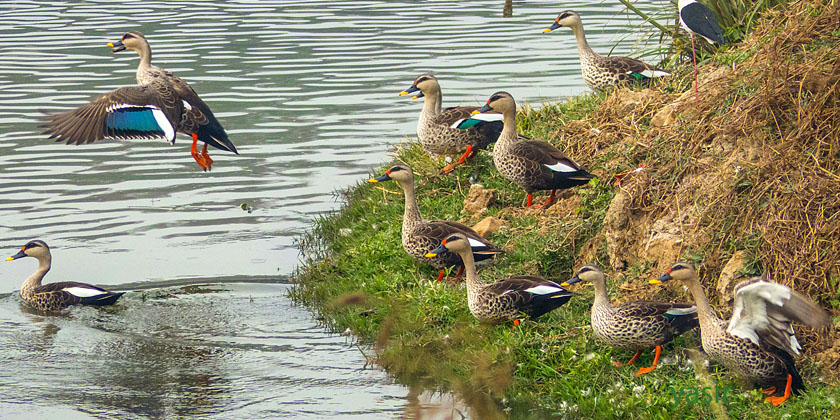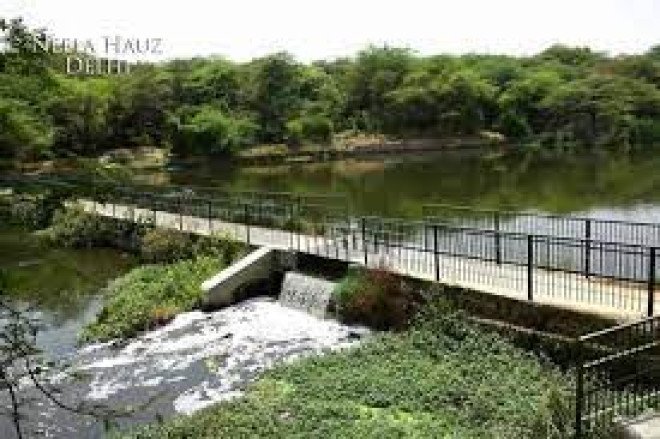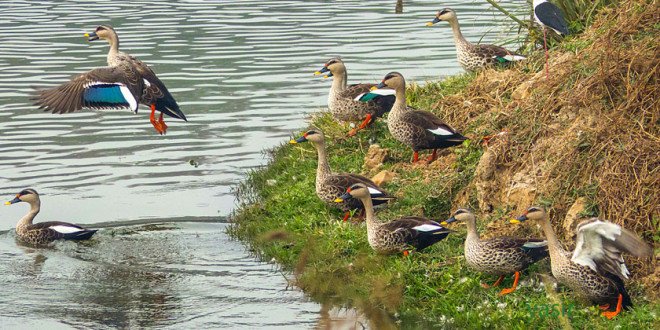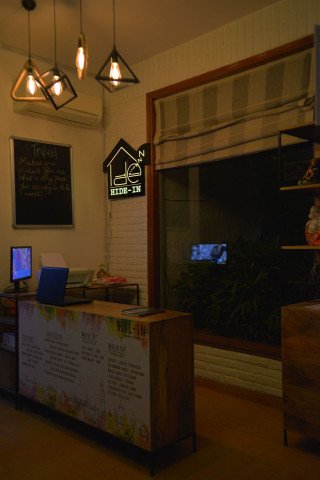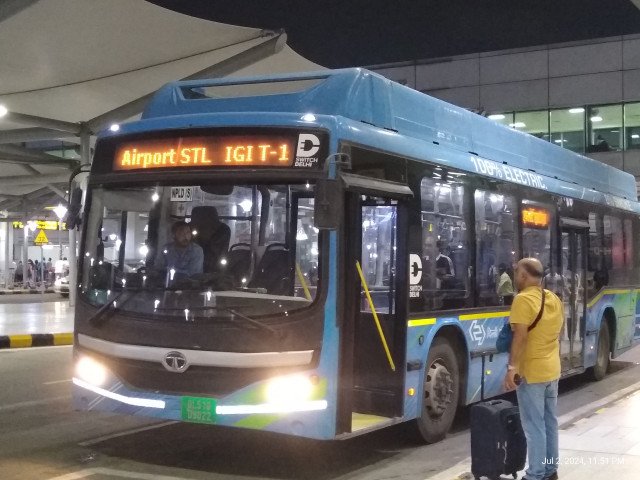Biodiversity Park in Delhi
Listing Owner
Listing Description :
|
Location |
Delhi, India |
|
Best time to visit |
October to March |
|
Opening hours |
6:00 AM to 8;00 PM all days |
|
Entry Fee |
Free |
Overview
Neela Hauz Biodiversity Park, located in the heart of Delhi, India, offers a serene escape into nature's embrace. Spanning across lush greenery and shimmering water bodies, this park is a testament to Delhi's commitment to preserving biodiversity and promoting environmental conservation.
When to Go
The best time to visit Neela Hauz Biodiversity Park is during the cooler months of October to March, when the weather is pleasant and conducive to outdoor activities. Early mornings or late afternoons are ideal for a peaceful stroll amidst the park's natural splendor.
Best Time to Reach:
The best time to visit Neela Hauz Biodiversity Park is during the cooler months of October to March, when the weather is pleasant and conducive to outdoor activities. Early mornings or late afternoons are ideal for a peaceful stroll amidst the park's natural splendor.
Opening and Closing Time
The park welcomes visitors from 6:00 AM to 8:00 PM throughout the week, providing ample time to explore its tranquil landscapes and diverse flora and fauna.
Entry Fee:
Entry to Neela Hauz Biodiversity Park is free of charge, making it accessible to all nature lovers and enthusiasts.
What to Carry:
- Binoculars for birdwatching and spotting wildlife
- Camera to capture the scenic beauty and unique biodiversity
- Comfortable walking shoes for exploring the park's trails
- Water bottle and snacks for refreshment during your visit
- Sunscreen and hat to protect against the sun's rays
- Bin or bag for collecting any trash to maintain the park's cleanliness
What Not to Carry
- Pets are not allowed within the park premises to preserve the natural habitat and ensure the safety of wildlife.
- Avoid bringing plastic bags or disposable items to minimize waste generation and protect the environment.
- Loud music or noise-making devices should be avoided to maintain the park's tranquil ambiance and respect other visitors' experiences.
Who Should Visit:
- Nature enthusiasts seeking a peaceful retreat amidst lush greenery and diverse wildlife.
- Birdwatchers eager to spot a variety of avian species in their natural habitat.
- Families looking for an educational and enjoyable outing in the lap of nature.
- Photographers keen on capturing the park's natural beauty and unique biodiversity.
Who Should Not Visit
- Those seeking loud and crowded recreational activities may not find Neela Hauz Biodiversity Park suitable.
- Individuals looking for extensive amenities and facilities may prefer other urban parks with more infrastructure.
- Visitors with limited mobility may find the park's terrain challenging to navigate.
Rules and Regulations:
- Stay on designated trails and avoid venturing into restricted areas to preserve the park's delicate ecosystem.
- Refrain from disturbing or feeding the wildlife to maintain their natural behaviors and ensure their well-being.
- Keep the park clean by disposing of waste responsibly in designated bins and avoiding littering.
- Follow all signage and guidelines provided by park authorities for a safe and enjoyable experience.
- Respect the tranquility of the park by maintaining a peaceful demeanor and minimizing noise pollution.
Other Information
History: Neela Hauz Biodiversity Park was established as part of the Delhi Development Authority's efforts to reclaim and revive the Neela Hauz Lake.
Ecological Importance: The park is home to a diverse range of flora and fauna, including native plant species, migratory birds, butterflies, and small mammals.
Facilities: Basic amenities such as walking trails, seating areas, and interpretive signage are provided for visitors' convenience.
Community Engagement: The park actively engages with local communities through outreach programs, workshops, and tree plantation drives.
Accessibility: Accessible by public transportation with nearby bus stops and metro stations; parking facilities available for private vehicles.
Events and Activities: Hosts various events including nature walks, birdwatching sessions, eco-workshops, and environmental awareness campaigns.
Conservation Initiatives: Participates in habitat restoration, invasive species management, water quality monitoring, and collaborative research projects.
Volunteer Opportunities: Welcomes volunteers for activities such as tree planting, habitat restoration, wildlife monitoring, and environmental education.
Safety Precautions: Adhere to safety guidelines, stay on designated trails, avoid contact with wild animals, and refrain from littering or disturbing the natural environment.

